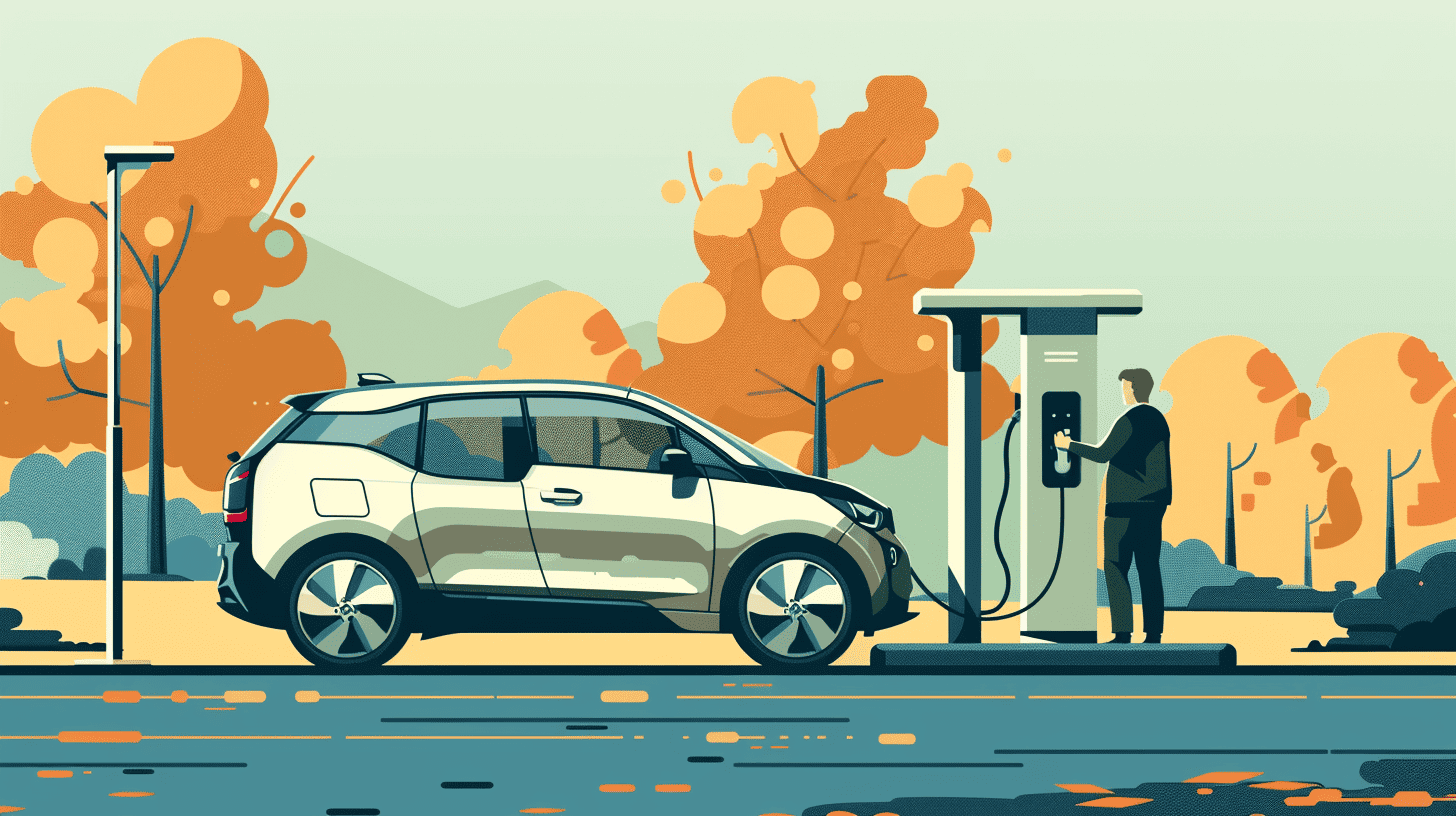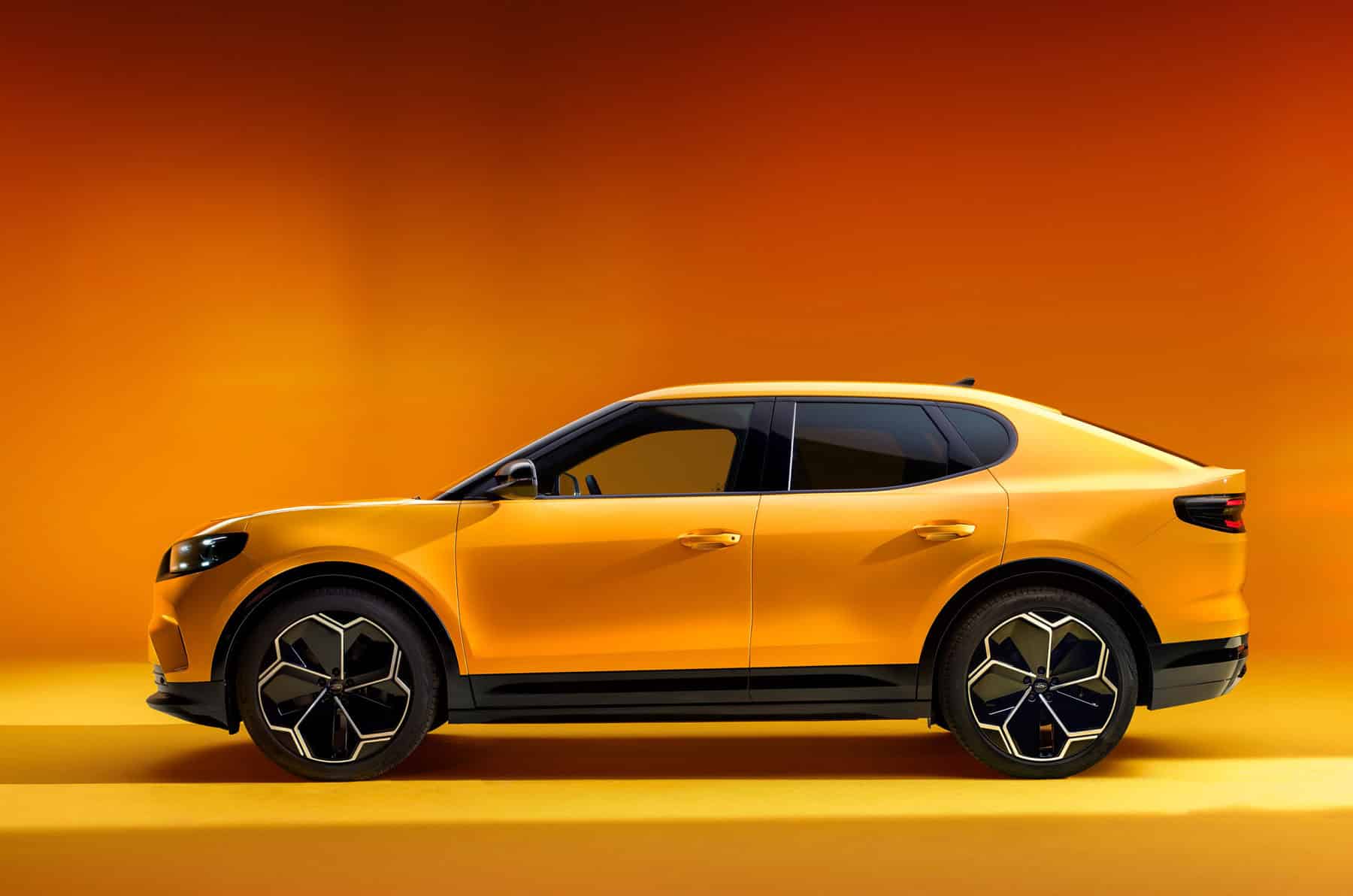
The name Piëch has been well known within the automotive industry for four generations. No doubt it is probably Ferdinand Karl Piëch, the major Porsche shareholder and former Chairman of the Board of Management and Supervisory Board of the Volkswagen Group, who you will most likely think of first. Until recently, hardly anyone knew his son Anton “Toni” Piëch, who never used to have much to do with cars.
Anton Piëch studied Asian Studies at Princeton University and lived in China for twelve years. There he ran his own media agency before returning to Europe. In 2016, he founded Piëch Automotive so he could build his own electric sports car, the Piëch Mark Zero. A design concept for the car was first presented at the 2019 Geneva Motor Show and is expected to be the first vehicle in an entire range of products to be launched over the next three years.
Although the design of the Piëch Mark Zero reminds us a lot of the classic sports cars of the 1960s, its interior is brimming with technical and technological innovations. The two-seater has an electric drive, but a hybrid, fuel cell or even an internal combustion engine would also be possible. “I’m especially proud of our variable and modular concept. We will be able to react very quickly to changes in the market, our customers’ demands as well as changes in legislation without having to redesign the car all the time,” explains Klaus Schmidt, Head of Engineering at Piëch Automotive and who used to develop sports cars at BMW for over 30 years. “In addition, updates allow us to always keep the software and also hardware state-of-the-art. Plus, based on this structure we could theoretically build 60 different variants. I believe that is unique in the automotive industry.”
Fast charging in 4:40 minutes

Yet at the moment, plans have only been made for an electric drive. With three motors. One asynchronous motor is located on the front axle and two synchronous motors on the rear axle. Each of the three motors has an output of 150 kW – more than 600 hp in total. In contrast to the extensive placement under the floor that other manufacturers use, the batteries are placed in the center of the underbody and by the rear axle. As a result, weight distribution and driving characteristics are similar to those of a classic sports car with a combustion engine. Piëch Automotive also emphasizes that this concept enables the low seating position typical of a sports car as well as precise handling which gives the driver immediate feedback.
Also in contrast to most other electric cars, the electric GT also boasts a top speed of 250 km/h and a range of 500 kilometers. Yes, a Tesla can do that too. And as for the acceleration time from 0 to 100 in 3.2 seconds, the Piëch Mark Zero is somewhat slower than its American competitor. The detail that makes this new racer from the company based in Zurich and Munich so special – is the charging time.
Thanks to innovative technology, the battery temperature does not rise by more than 15 degrees even under the most demanding conditions: neither at full throttle nor during rapid charging or discharging. This has already been confirmed by TÜV Süd, among others. The fact that much stronger currents care able to flow through it, means that the charging time is considerably reduced. In addition to conventional CSC charging, the fast charging mode would offer a sensationally short charging time of only 4:40 minutes for 80 percent battery capacity, Piëch and his colleagues explain. In fact, fast charging takes just a little longer than filling up a car which has a combustion engine.
As the battery temperature hardly rises, it does not need to be cooled with water. Air cooling is sufficient, which contributes to an overall weight reduction of around 200 kilograms. The total weight of the vehicle is therefore able to be kept below 1,800 kilograms. Klaus Schmidt promises a high recovery rate during braking along with a longer lasting battery system. He is already looking forward to “several fast laps on the Nürburgring with the Piëch Mark Zero.”
Batteries and charging infrastructure from China
The lithium-ion battery for the Piëch Mark Zero is supplied by the DESTEN Group. Based in Hong Kong and with its research and development department in Qingdao, China, the company was founded in Hong Kong in 2015 and develops and manufactures “highly innovative products in the energy storage and charging technology”. The batteries can be charged extremely quickly and, according to Schmidt, are also extremely durable with 3,000 to 5,000 charging cycles. In addition, the technology is particularly safe and the battery has been tested and certified by leading independent institutes and companies such as Hofer and TÜV.

A company from Hong Kong is also responsible for the charging infrastructure. Qingdao TGOOD Electric Co Ltd was founded in 2004 by Chinese and German engineers and is now the global market leader with a 42% market share. There are currently 210,000 TGOOD charging stations in China. For Piëch customers, TGOOD also wants to supply a wall-box charging station so that quick charging is also possible in the garage at home. This wall-box charging station can also be used as a modular storage unit, e.g. in conjunction with solar panels, and it is also able to discharge batteries.
Gigantic “extensive battery”
If users have “given permission to do so within a predetermined range,” an entire charging network can access an immensely large “extensive battery.” ” For the first time ever, this type of energy storage allows a grid to access considerably more regenerative energy from wind and solar and thereby provide e-mobility with genuinely clean energy,” says Piëch Automotive. Such a ‘MicroGrid’, with which TGOOD already has a lot of experience, can also be used to safeguard the power grid, i.e.. to help balance the energy capacity or even double as an emergency power supply.
The first Piëch Mark Zero will be launched in 2022. But it won’t be that cheap. With a retail price between 150,000 and 170,000 euros, it is in the same range as the Panamera Turbo. Aside from the GT2 two-seater, Anton Piëch and his team are also planning a four-seater GT4 and a sporty SUV for the future. Concepts in the form of convertibles or pick-ups are also conceivable.
Specifications Piëch Mark Zero
Dimensions:
Length/Width/Height: 4,432/1,991/1,250 mm (w/o wing mirrors)
Overhang: front: 897 mm/back: 915 mm
Weight: under 1,800 kg
Wheelbase: 2,620 m
Performance:
System output:
Front axle: one asynchronous motor delivering 150 kW
Rear axle: two synchronous motors (mechanically decoupled) delivering 150 kW each
Acceleration: 0–100 km/h in 3.2 seconds
Top speed: 250 km/h
Range according to WLTP: approx. 500 km








